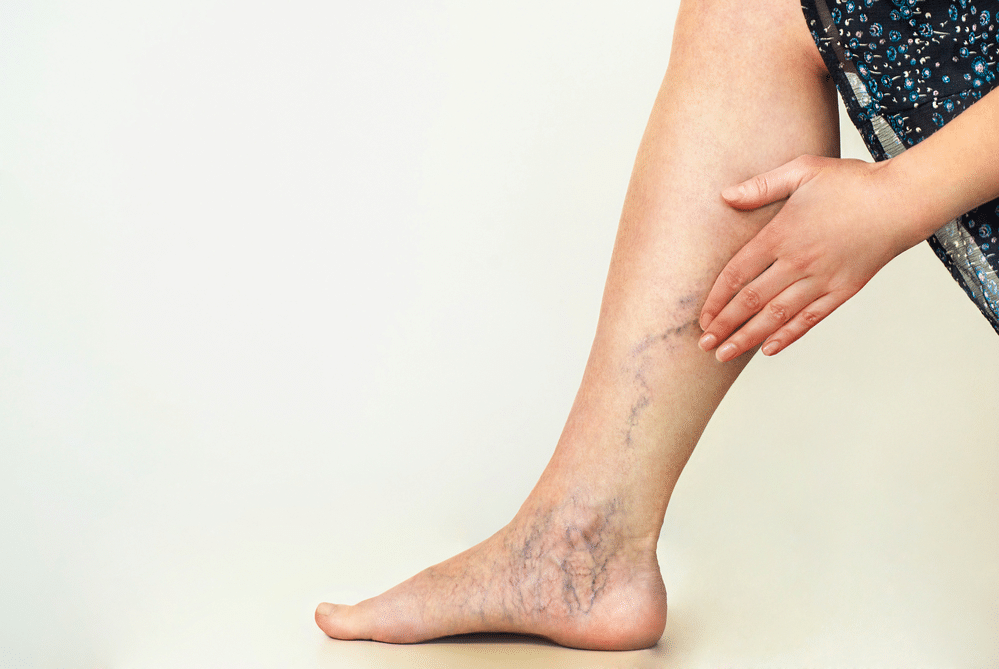Varicose veins are problematic for a number of reasons. They can cause itching, burning, and other forms of discomfort. They can affect your self-confidence, and they can seriously affect your health. If you have varicose veins, you may be a good fit for varicose vein ablation at VENUS Vein Clinic in Omaha, NE. Today, we’re taking a closer look at what to expect after this treatment to help you decide if it is the right varicose vein treatment for you.
What Happens After Varicose Vein Ablation?
What happens after varicose vein ablation varies a bit depending on the type of ablation you opt for. If you opt for Venaseal ablation, recovery requirements are minimal. You will be able to get back to most of your usual routine right away, and you won’t even need to wear a compression garment to help you recover faster. If you opt for radiofrequency ablation, you’ll need to wear a compression garment during the first week of your recovery.
How Soon Will I See the Results of My Treatment?
Individual results vary, but you can expect to see the results of your ablation treatment very quickly. It is not uncommon for people to experience relief immediately after their treatment session. For example, you may feel less itchy after your session. However, it will take time for the healthy tissues around your treated varicose veins to absorb the treated veins.
Therefore, you shouldn’t be surprised if your skin isn’t noticeably clearer as soon as your session is over. Also, you should be aware that you may need more than one treatment session to achieve your desired results depending on the size, number, and location of your varicose veins. If your problems aren’t resolved within 10 to 14 days of your first session, a follow-up appointment is probably necessary.
What Should I Do To Help Myself During My Recovery?
To recover from your ablation treatment as quickly as possible, it is crucial that you are not sedentary. You should not sit or stand in the same place for more than an hour at a time. If you go back to work after your treatment and your job requires you to sit or stand in one place for hours on end, make sure you take a break every hour to get your blood circulating a little better.
You may not feel like walking too far during the first 24 hours of your treatment, especially if you target varicose veins in your legs. Don’t push yourself too hard, but try to walk a little farther each day. Before you know it, you’ll be back to full strength, and walking will be a breeze. Ideally, you should be back up to walking at least 30 minutes per day within the first week. Getting 30 minutes per day of moderate exercise on most days is great for cardiovascular health.
What Else Can I Do To Speed Up My Recovery?
You can also help your recovery by getting as much quality sleep as possible. It is in REM sleep that most of your body’s healing occurs, and you can’t get enough REM sleep if you don’t sleep soundly throughout the night. Ideally, you should get nine consecutive hours of sleep per night to heal as quickly as possible. However, it will behoove you to take 90-minute naps during the day if you can’t get nine consecutive hours of sleep.
You should also stay hydrated and eat nutritiously during your recovery period. Regardless of the ablation method you choose, a tiny incision will be made. Your skin needs strong, healthy collagen to heal the incision location. Staying hydrated and well-nourished will help to ensure your collagen is as strong and healthy as possible.
What Should I Avoid After My Treatment?
During your initial consultation, we will provide you with a complete list of things to avoid after your treatment. One of the most important things to avoid after varicose vein ablation is vigorous exercise. You should not consider intense workouts or other vigorous physical activity for at least 14 days post-treatment. It is also important to avoid the consumption of alcohol or nicotine to ensure your blood pressure remains healthy and you do not slow your recovery unnecessarily.
Moreover, you should avoid taking anything that can thin your blood or prevent clotting for a little while after your treatment. For example, you should not take NSAIDs, MAOIs, or vitamin E supplements. Fish oil supplements should also be avoided. Talk to your doctor before you stop taking any drug or supplement. If it is not safe for you to stop taking what you currently take, you may be deemed a poor ablation candidate.
Get Rid of Varicose Veins for Good
The bottom line is that recovery is minimal after varicose vein ablation regardless of whether you opt for radiofrequency ablation or Venaseal ablation. You will be able to resume most of your usual activities immediately, and you will only need to wear a compression garment for one week at most. To find out if ablation is the right varicose vein treatment method for you, contact us today at VENUS Vein Clinic in Omaha, NE to schedule an evaluation.

